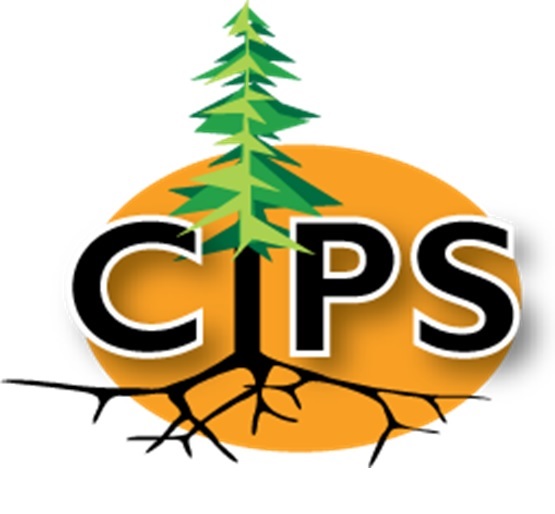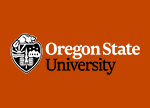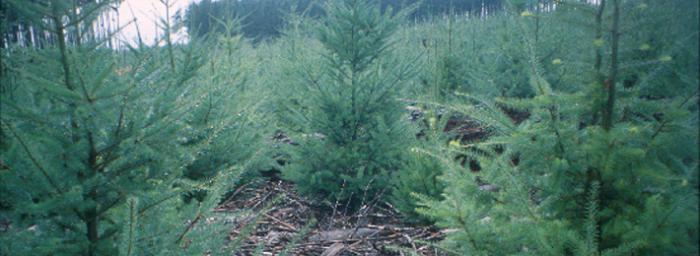
Home Page
Mission
To understand and quantify the interactive effects of silvicultural activities and site conditions on maintaining and improving the productivity, health, and sustainability of intensively managed, planted forests in the Pacific Northwest.
Vision
To develop, improve, and validate comprehensive, science-based models and other tools for managing planted forests under intensive silvicultural practices in the Pacific Northwest. Pursuing this vision will involve the following efforts:
-
Coordinating, facilitating, and conducting collaborative research between existing cooperatives, institutions,and researchers in a manner that synthesizes long-term and interactive effects of all possible treatments constituting a silvicultural regime; collaborative research is intended to include data sharing, collaborative analysis, and modeling, joint and complementary research on field installations; and partnerships for procuring external funding.
-
Establishing priorities for research from the perspective of current knowledge gaps, new technologies and prediction sensitivities in growth models and in other components of the decision-making system representing the current state of our knowledge in regard to tree, stand, and ecosystem responses to intensive silvicultural treatments and regimes.
-
Promoting the Pacific Northwest as an exceptional region for active forest management that provides timber and all other benefits to society associated with healthy and productive forest ecosystems.
The ultimate goal of CIPS is to improve the economic and environmental performance of Pacific Northwest forests and to enhance the regional and global competitiveness of Pacific Northwest producers of forest products.





